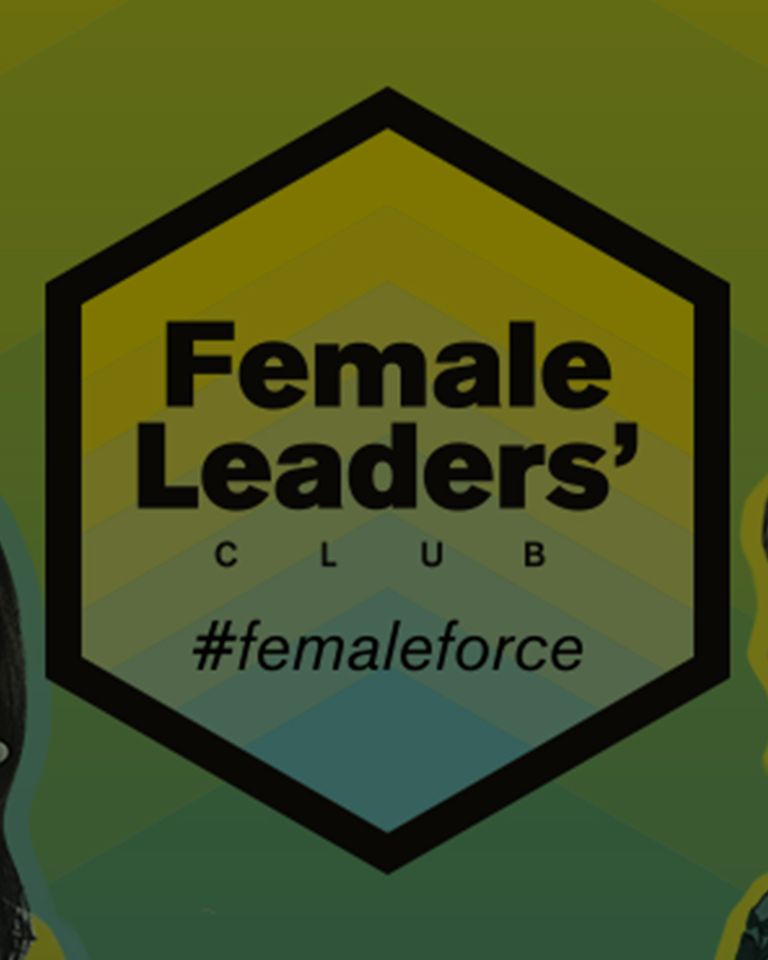Cappuccino's and Career Cock-Ups: Hindsight is 20/20
6 August 2024

In your career, what’s the worst advice you’ve ever been given, and why?
The worst advice I’ve received by far is “Fake it till you make it.”
That‘s never worked for me.
To me, there’s a big difference between ‘stepping into who/how you want to be’ (I see that as embodying the behaviours and beliefs that you want to show up with and operating in alignment with it), and ‘faking it’.
Imposter syndrome is exhausting enough without having to tell myself I have to “fake it” till I “make it” too.
As a leader I think it’s incredibly important to lead authentically, and this also helps build trust with the team.
What’s your biggest ‘Cappuccino Career Cock-up’?
Pushing through in a job that wasn’t right for me.
It had started off well, but a few months after I joined, there were some changes in the company that impacted the work culture dramatically.
The culture became increasingly hierarchical, misogynistic and cliquey - keeping your head down and toeing the line was rewarded, and any originality was quickly squashed. There was an overall lack of psychological safety, and it turned into a toxic dog-eat-dog environment.
I was not in alignment there, and I was miserable. It was just not the right environment for me, but I couldn’t see it at the time.
Instead I internalised the discomfort, interpreted it to mean I needed to do more/differently (doubting myself rather than noticing that it just wasn’t the right environment for me). I doubled down on what I could do to make things work, pushing myself to power through.
And I burnt myself out in the process.
It was a tough time and my confidence and sense of self took a real beating that took a while to recover from. Would not recommend.
What were your lessons from that? (referencing to Q2)
At the time I saw resilience as powering through the situation.
But resilience is not always about pushing through. It can mean so many things.
Sometimes the most resilient thing you can do is to be honest with yourself and step away from a situation that’s not working for you. Prioritise your well-being instead of forcing yourself to push through against your better judgement.
As hard as it was at the time, the experience taught me so much about myself. It gave me a real understanding of what I need to feel nourished - personally and professionally.
It taught me about the kind of environment that helps me thrive and brings out the best in me, and also gave me an appreciation for the kind of culture I wanted to create for my team so they can thrive.
It was a solid life and career lesson, and though it was tough at the time, in retrospect I am so grateful for the lessons it taught me. It really helped clarify my personal and professional values, and my leadership style.
What is the importance of making mistakes when paving your career path?
No matter what you do or how you approach things, there will be times you make a mistake or do things that don’t go to plan.
Hindsight is 20/20, and there will always be things we could have done differently when we look back. That’s natural, and as difficult as it is to accept, there’s nothing one can do about what’s happened already.
What you CAN do is to decide what you’re going to do after, and what you’re going to take away from the experience.
It’s up to you take the lesson from it and use it to help you grow.
Making a mistake never feels great. But a mistake you took nothing away from - that’s tragic.
Summary: as a leader, what advice would you ABSOLUTELY NOT give anyone now?
As a leader, there is sometimes the tendency to feel pressured to know everything and have all the answers.
This is far from the truth, and not an effective approach to leadership in my opinion.
You don’t need to have all the answers.
But you have to be willing to ask questions, and to learn.
Leading effectively to me is about approaching things from a place of authenticity and humility, asking questions, learning and supporting your teams to make considered actions.
Being open to learning (from your teams and other colleagues), asking questions and valuing their input fosters a spirit of collaboration and creates lasting engagement - and to me this is way more effective (and rewarding) than being a leader that ‘knows it all’.
Want to join in on the conversation? Get in touch with aoife@madfestlondon.com


